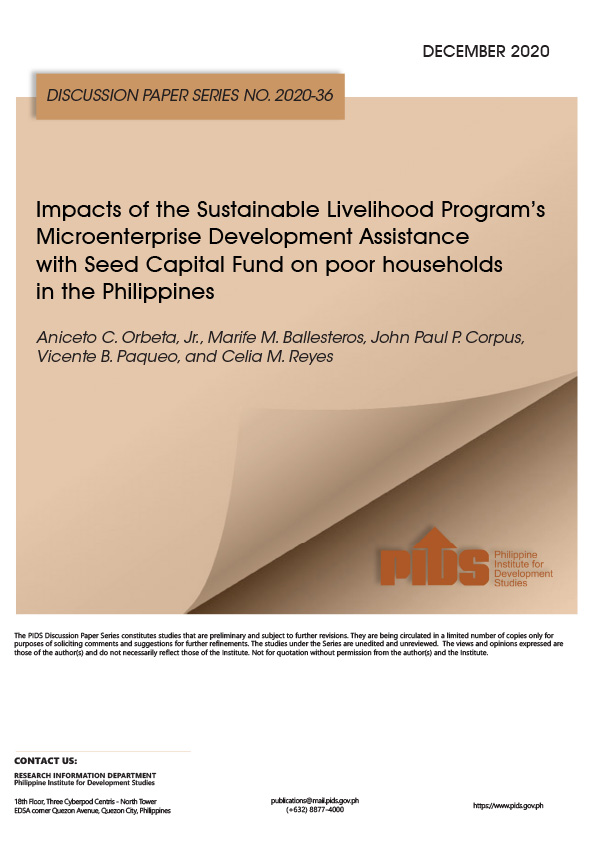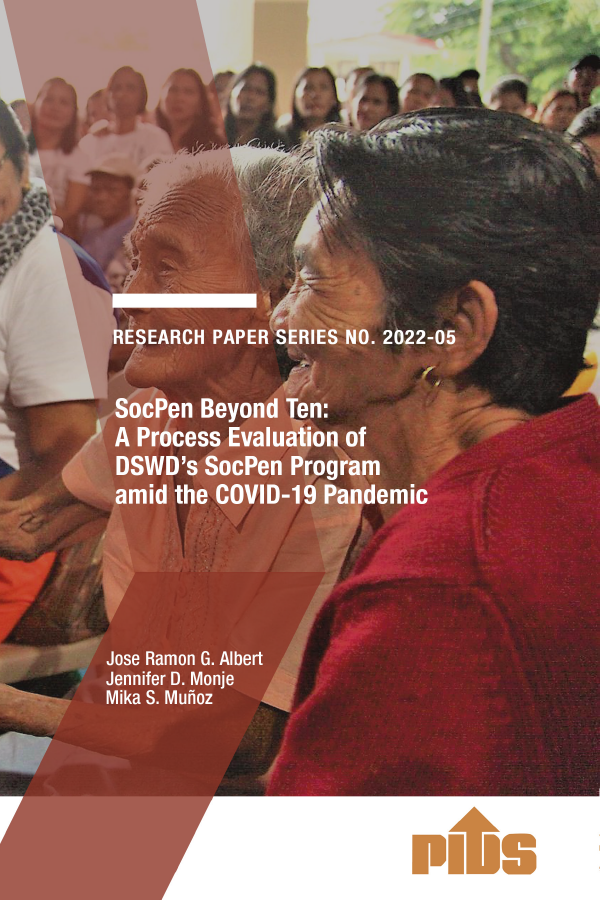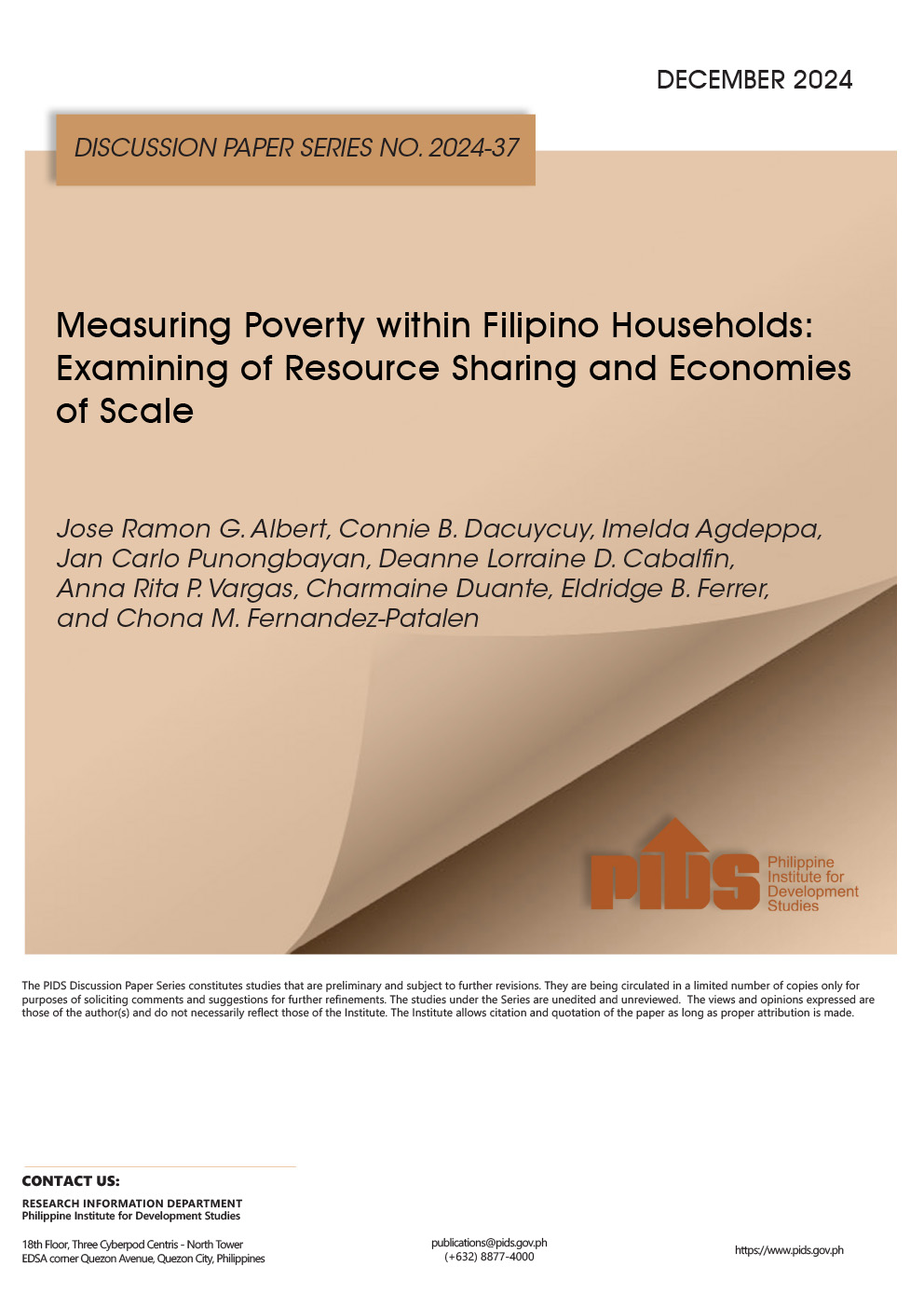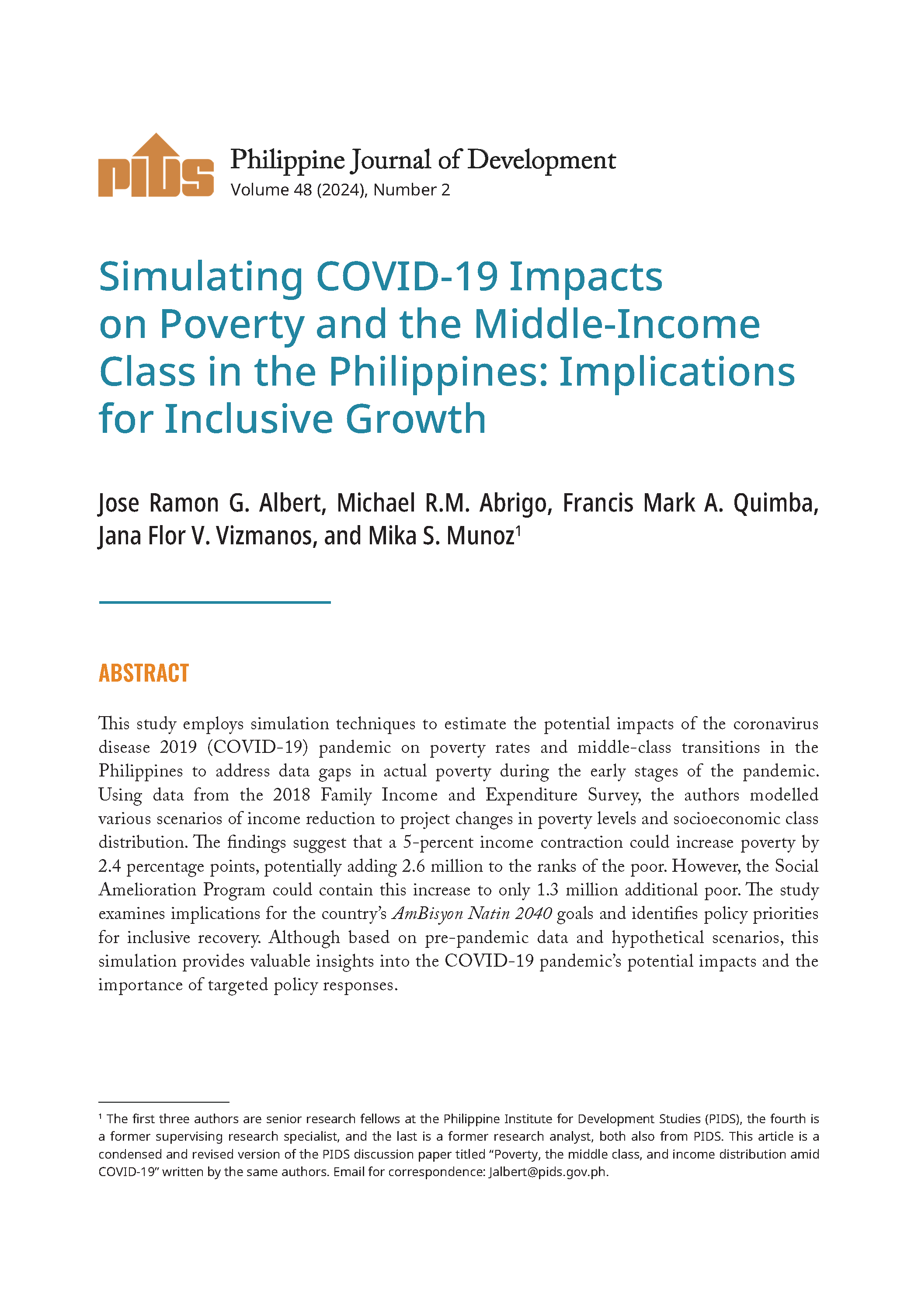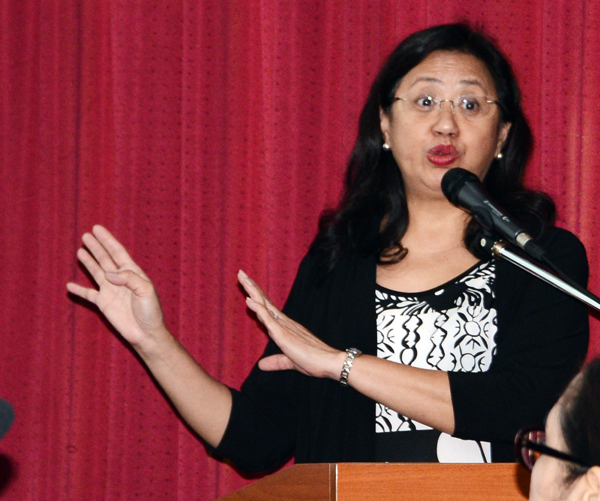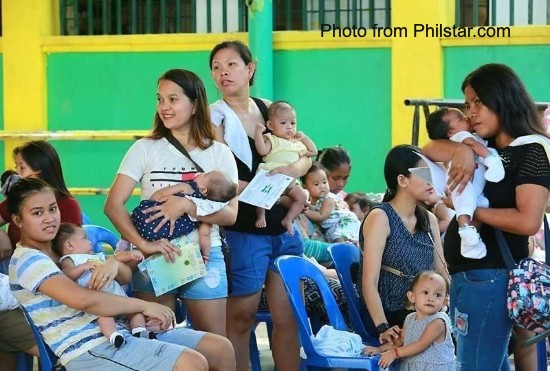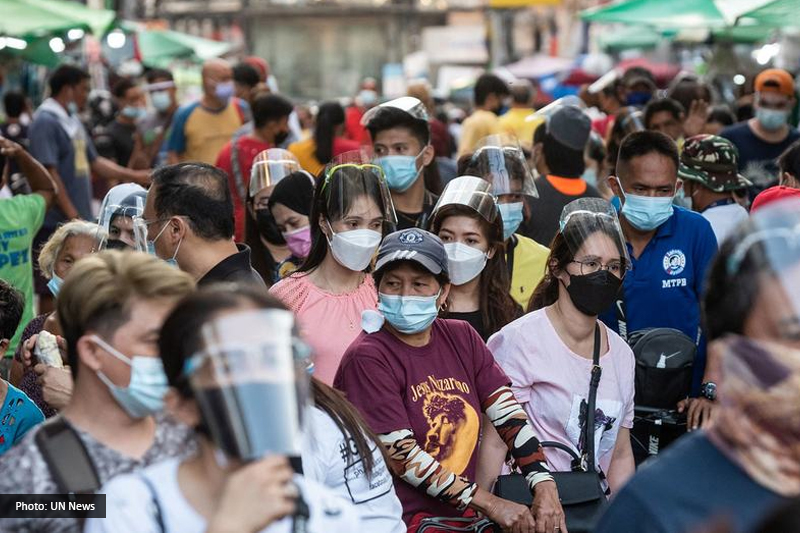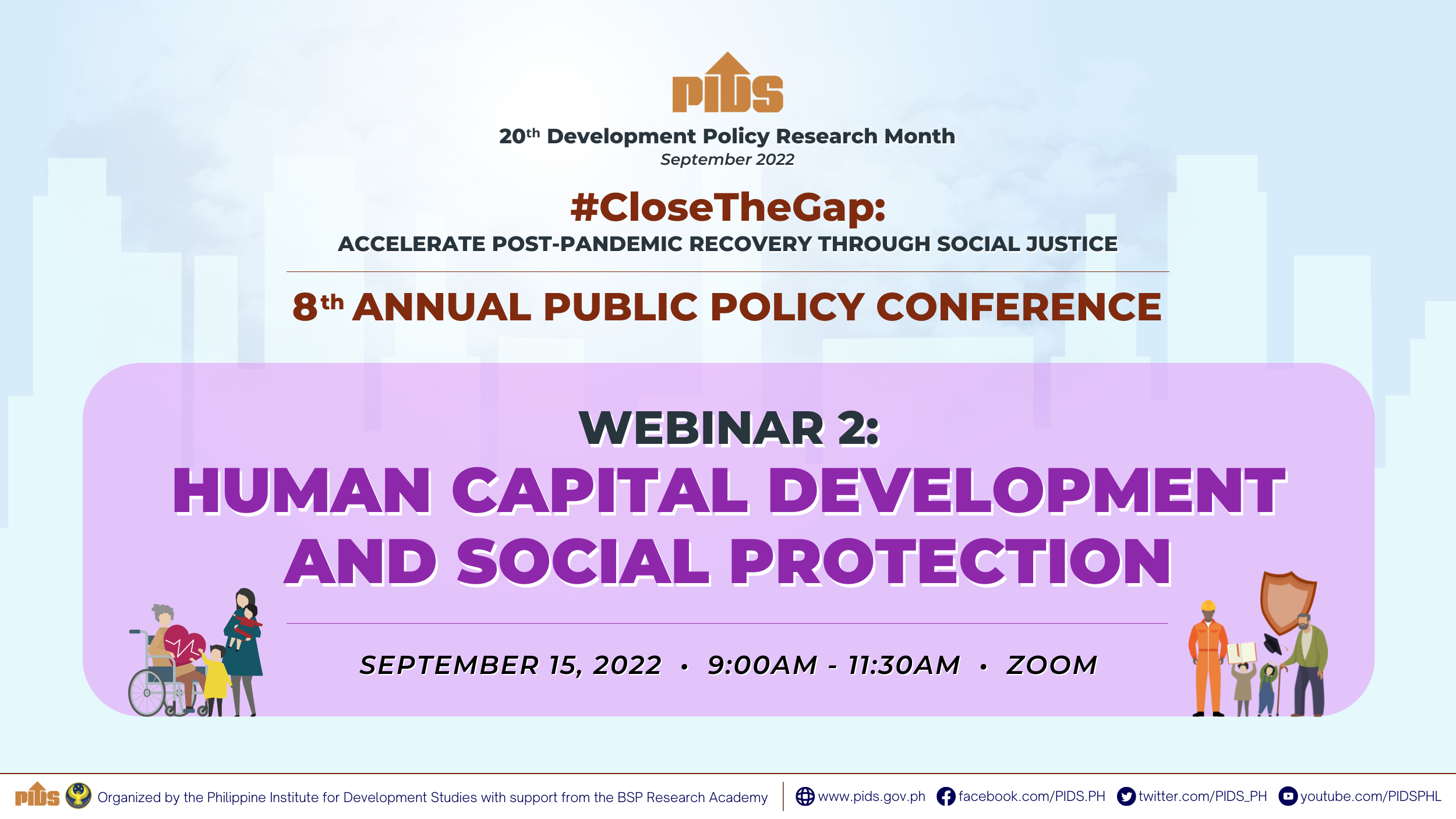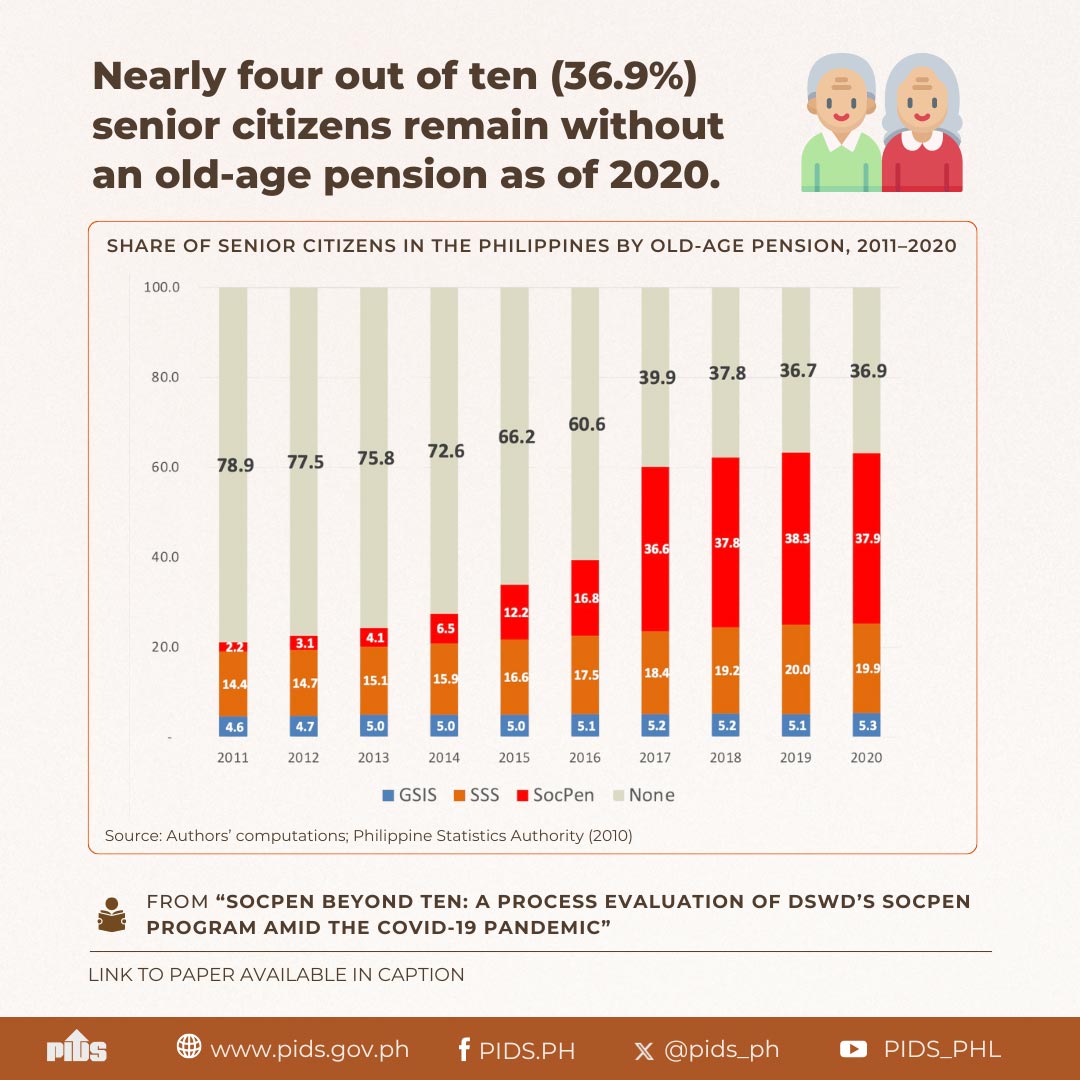This study evaluates the impact of Microenterprise Development (MD) assistance on the labor supply, income, expenditure, savings, and capital investment of beneficiaries of Pantawid Pamilya, the Philippine government’s conditional cash transfers (CCT) program. The assistance is provided by the Sustainable Livelihood Program (SLP) of the Department of Social Welfare and Development. MD assistance consists of capacity building, group formation, and grants. We focus on MD assistance where the grant component consisted of the Seed Capital Fund (SCF)--a grant worth a maximum of PhP10,000 per beneficiary household used as startup capital or as additional capital for microenterprise. The microenterprise may be run individually or as a group. The evaluation is implemented through a matching design: SCF-recipient CCT households from January 2018 to June 2018 were matched with nonrecipient CCT households. We use data from a survey of 2,592 CCT households in 39 cities/municipalities. In our sample, 91 percent of SCF-recipient households were part of a group-managed business project. We find positive impacts on labor supply, but imprecisely estimated null impacts on household income, expenditure, savings, and capital expenditure. The lack of pre-intervention variables for matching, possible biases from self-selection and nonrandom selection of target areas, possible spillover effects, and insufficient power are some of the weaknesses of the study. Despite these limitations, qualitative data on business project implementation point to serious issues which support the null impacts found on household welfare. These include a substantial business closure rate, lack of participation among group members in business operation, lack of earning opportunities for group members, management issues, and low profitability. Moreover, cost-benefit analysis suggests that program costs outweigh program benefits. To improve SLP's effectiveness, the study recommends packaging the livelihood assistance with supporting interventions such as life skills coaching and savings promotion; recognizing the relative merits of group-based versus individual livelihood projects; improving project development and selection towards greater commercial viability; and strengthening existing supporting interventions such as capacity-building, business monitoring, and technical support.
Comments to this paper are welcome within 60 days from date of posting.
Email publications@mail.pids.gov.ph.

